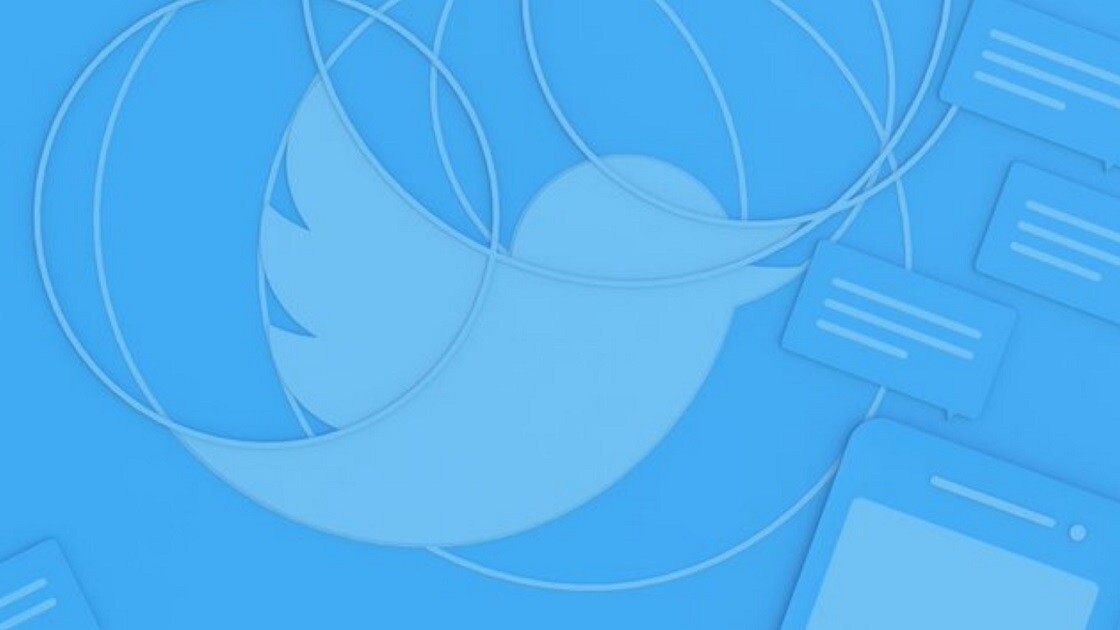
Twitter is shutting down its service that let you use the social network over text messages.
Twitter was originally built in mind keeping 140 character limit of text messages. So, it even built on top of SMS in 2010.
Last year, Jack Dorsey’s account was hacked, and folks behind it used Twitter via SMS feature to tweet not so subtle slurs from his account. Later, the company disabled the compose feature for this service in select regions.
[Read: Scientists think we’ll finally solve nuclear fusion thanks to cutting-edge AI]
In a statement, the company said it’s shutting down the service as there are many vulnerabilities in the SMS model:
We want to continue to help people keep their accounts safe. We’ve seen vulnerabilities with SMS, like those that we shared in September 2019. We’ve turned off our Twitter via SMS service, except for a few countries. If you were using Twitter via SMS, we recommend logging in at twitter.com or downloading our mobile app to enjoy the full Twitter experience. Everyone will still have access to important SMS messages needed to log in to and manage their accounts.
We want to continue to help keep your account safe. We’ve seen vulnerabilities with SMS, so we’ve turned off our Twitter via SMS service, except for a few countries.
Everyone will still have access to important SMS messages needed to log in to and manage their accounts.
— Twitter Support (@TwitterSupport) April 27, 2020
While the social network didn’t specify the countries where Twitter via SMS will remain active, Aditi Agrawal, a journalist for Medianama, confirmed it’s working in India as of now.
Testing again
— Aditi Agrawal (@Aditi_muses) April 28, 2020
Twitter via SMS might not have a lot of takers on the whole, but the service can be useful when there’s an internet shutdown, and you want to receive updates from official accounts. Case in point: Kashmir’s internet shutdown in India.
While the company is correct about security loopholes in SMS, it’s important to note that in situations of low or no connectivity, we need to rely on traditional means of information.
Get the TNW newsletter
Get the most important tech news in your inbox each week.





